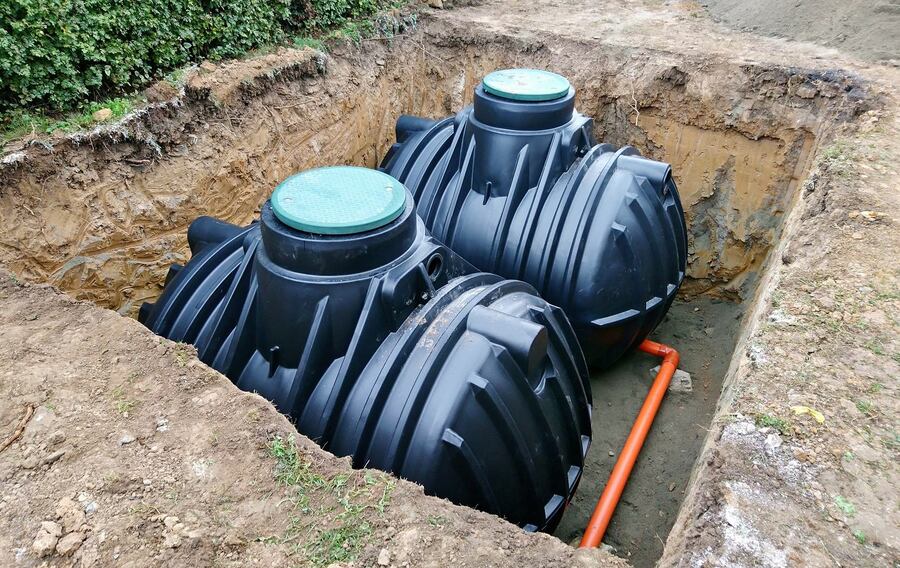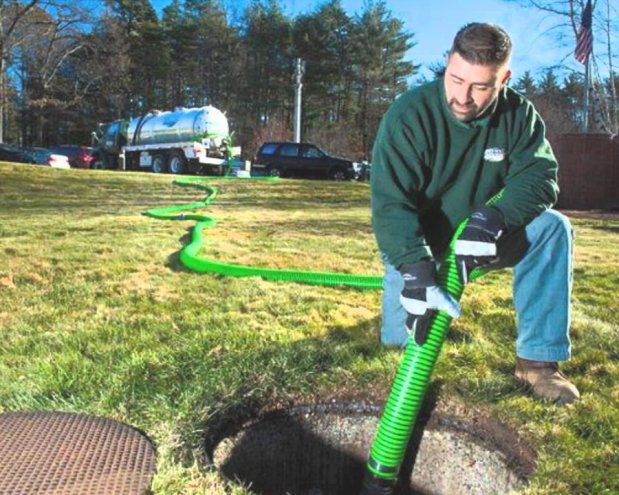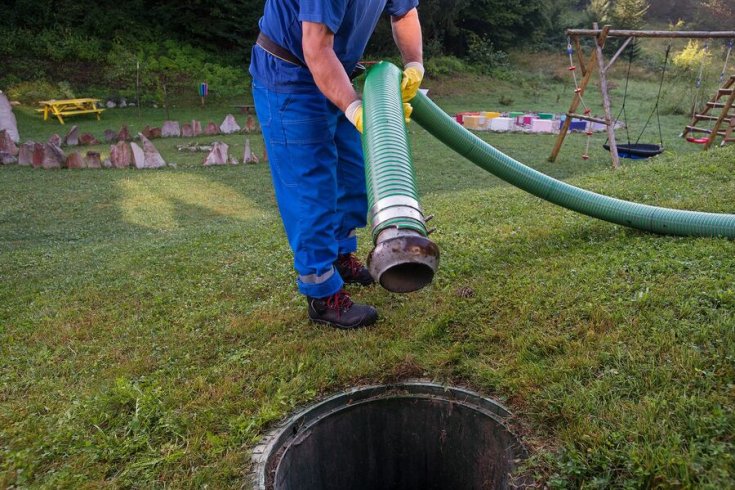
15
Installing a new septic system is a significant undertaking that requires careful planning and consideration. Whether you're building a new home or replacing an existing system, several factors must be evaluated to ensure the optimal functionality and longevity of your septic system. Before proceeding with installation, here are three key considerations to keep in mind.
Before installing a new septic system, a thorough site evaluation is essential to determine the suitability of the location and comply with local regulations. Factors such as soil composition, groundwater levels, topography, and proximity to water bodies must be assessed to ensure proper functioning and prevent environmental contamination.
Engage the services of a septic company to conduct a site assessment and obtain the necessary permits and approvals from local authorities. Failure to comply with regulatory requirements can result in costly fines and delays in the installation process. Additionally, consider any potential future developments on your property that may impact the location or design of the septic system.
The design and capacity of your new septic system must be tailored to meet the specific needs of your household and property. Factors such as the number of bedrooms, daily water usage, soil permeability, and available space will influence the selection and sizing of the septic tank and drainage field.
Consult with a qualified septic tank installation expert to design a system that effectively handles the anticipated wastewater flow while adhering to local regulations. Consideration should also be given to future expansion or modifications that may be required as your household grows or water usage patterns change over time.
Proper maintenance is crucial to the longevity and efficiency of your new septic system. Before installation, consider the long-term maintenance requirements and associated costs to ensure that you can adequately care for your system over its lifespan.
Establish a regular maintenance schedule that includes septic tank pumping, cleaning, and inspections by a professional septic company. Routine maintenance helps prevent clogs, leaks, and other issues that can lead to costly septic tank repairs or system failures. Additionally, familiarize yourself with the signs of septic system problems, such as foul odors, slow draining fixtures, or sewage backups, and address any issues promptly to avoid more significant problems down the line.
Budgeting for ongoing maintenance is essential to avoid unexpected expenses and ensure the continued functionality of your septic system. Factor in the cost of routine septic tank cleaning services, as well as any potential repairs or upgrades that may be needed over time. Investing in regular maintenance now can save you money and headaches in the future by extending the lifespan of your septic system and minimizing the risk of costly septic tank repairs.
Installing a new septic system requires careful consideration of various factors to ensure its proper functioning and compliance with regulations. By conducting a thorough site evaluation, designing a system tailored to your household's needs, and planning for long-term maintenance, you can enjoy a reliable and efficient septic system for years to come. Consultation with a qualified septic tank installation expert at Charlotte Septic Pros is essential throughout the process to ensure that your new system meets your specific requirements and regulatory obligations.

05
Are Slow Drains a Septic Issue or Just a Clog? Slow drains are one of those household problems that start…
Read more
02
What Septic Service Techs See That Homeowners Miss Most homeowners only think about their septic system when something goes wrong.…
Read more
21
Simple Habits That Protect Your Septic System A well-functioning septic system does its job quietly, but the moment something goes…
Read more
14
Pump Now or Pay Later: The Real Cost of Skipping Maintenance A properly functioning septic system is easy to forget…
Read more
11
Why Your Septic System Always Acts Up at the Worst Time Homeowners often feel that septic problems strike at the…
Read more
04
Early Warning Signs Your Septic Tank Needs Pumping For homeowners who rely on a septic system, routine maintenance is not…
Read more
29
Why Does My Septic System Smell Fine One Day and Terrible the Next? If you own a home with a…
Read more
19
Is Your Septic System Overdue? Simple Home Checks You Can Do Today For many homeowners, the septic system is a…
Read more
13
5 Signs Your Septic Tank Is Overdue for Pumping Your septic system works quietly behind the scenes, managing wastewater from…
Read more
07
Do Septic Additives Really Work? Septic additives are everywhere. You’ll see them at hardware stores, advertised online, and often recommended…
Read more